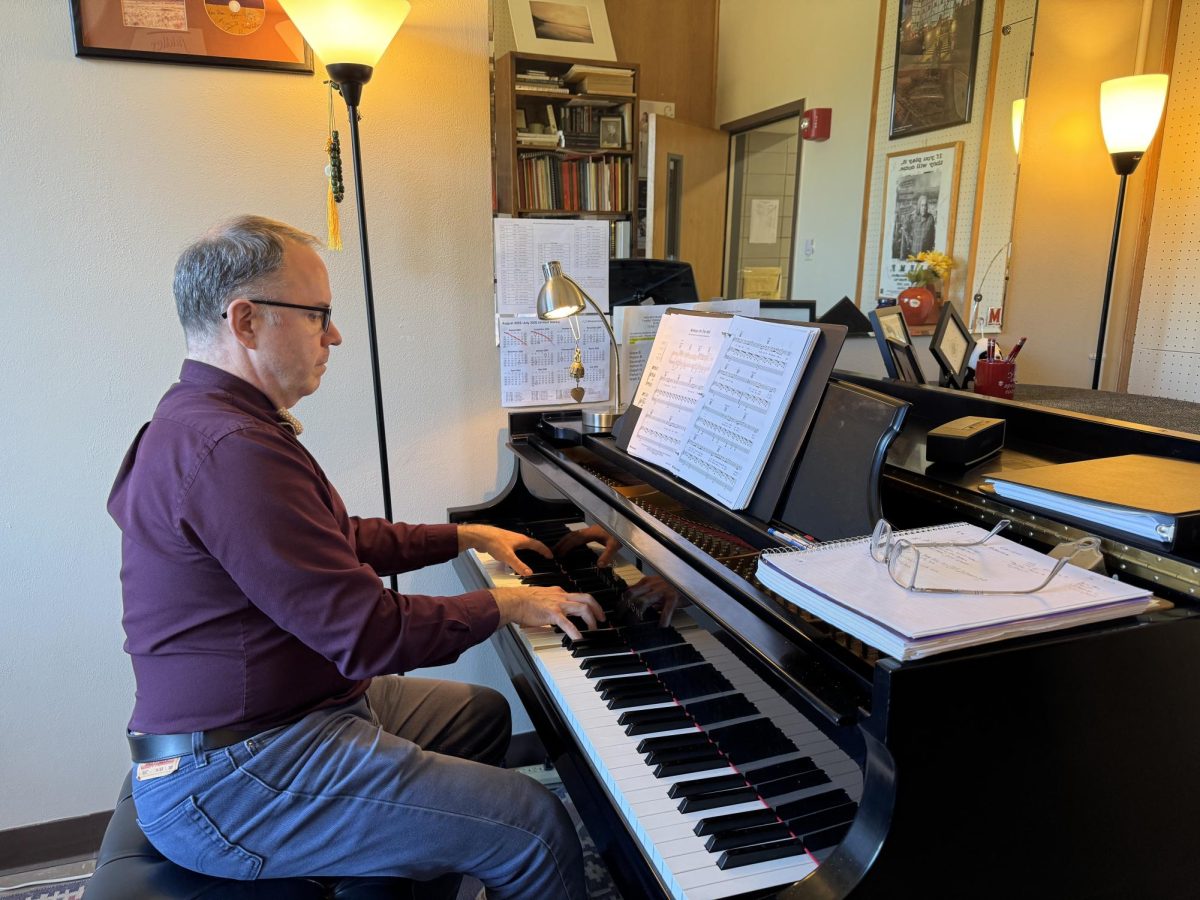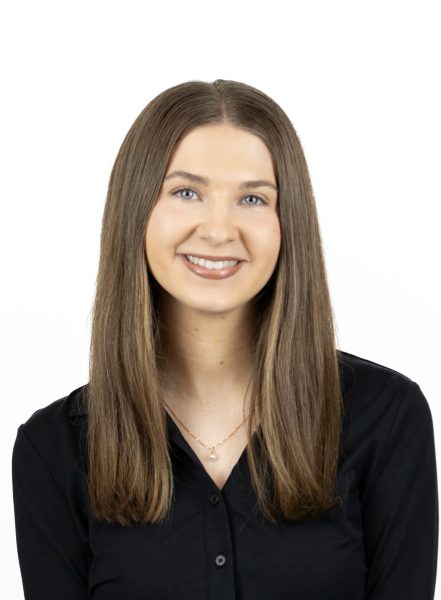When you think of artificial intelligence replacing jobs, you are probably imagining technology-based careers, but it is now making its way to the arts. Some Kent State students wonder whether they could be replaced in some capacity or not.
The problem of AI entering the arts, specifically acting, started when an AI-generated actress was introduced, but the creation quickly backfired as debates began.
Named Tilly Norwood, the AI actress gained media attention from her Instagram account that has thousands of followers and appeared in a comedy sketch on YouTube.
SAG-AFTRA, a union that ensures fair pay conditions and secures protection for media professionals, issued a statement on their website that it does not support the AI performer looking for representation.
“SAG-AFTRA believes creativity is, and should remain, human-centered. The union is opposed to the replacement of human performers by synthetics,” the statement said.
Norwood was defended by Eline Van der Velden, the CEO of Particle6, the company that created her, saying Norwood is not a replacement for humans. But her statement does not erase concern.
Actors have rejected Norwood and advocate for traditional acting; Kent State students had similar views.
As stated, Norwood is seeking talent representation. Jack Campbell, a freshman musical theatre major, found it odd that the AI actress is being treated as a real person.
Campbell’s initial reaction to the synthetic performer was that it was “gross.” The student wonders what other potential uses for Norwood could be within the entertainment industry.
“The problem that I’m kind of trying to deal with is when they do cast recordings and when they put music out, they could easily just replace everyone’s voices with generated AI and not have to pay any of us,” Campbell said.
Other students have similar feelings, such as Leah Williams, a sophomore music education major, who described AI in this field as “almost invasive.”
“It is very disheartening because we, as performers, educators and students, we spend a lot of time working on our craft and having someone mimic it in a way that is super unethical. It puts in no effort or time, and ruins the environment in so many different ways, it is very upsetting,” Williams said.
However, Jay White, professor of voice in the School of Music, believes new technology in the arts has to be addressed, but said how it has evolved for performers over the years.
“If we think about the use of amplification or the use of microphones and speakers, that’s not something that we had in the 1910s or even earlier, so that changed the way people performed,” White said.
As AI continues to advance, White believes the human voice is not something a digital voice can replace.
“We all have our own imprints of our voice, and it can be felt,” White said. “People will feel the difference.”
Claire Duber is a reporter. Contact her at [email protected].



